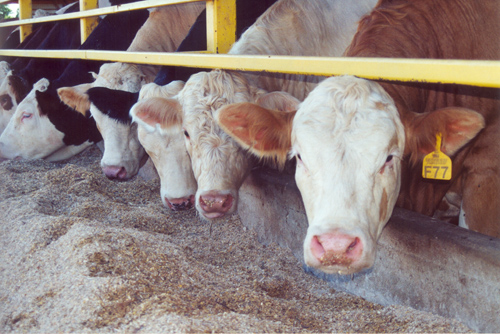Oklahoma livestock producers will soon be impacted by a regulation that will phase out the use of certain medically important antibiotics. The Food and Drug Administration (FDA) has established federal legislation that will impact how cow-calf and other livestock producers will have access to medicated feeds. State Veterinarian Dr. Rod Hall said the FDA believes the antibiotic resistance problems that are occurring in humans can be attributed to the feeding of antibiotics in animals.

As a result, the FDA has established a veterinary feed directive (VFD). For producers to use feeds containing certain antibiotics, Hall said that will require getting a veterinary feed directive from a veterinarian. This will be similar to getting a prescription from a doctor. A VFD can be written for a maximum of six months and it will not be an open-ended prescription. Starting in January 2017, Hall said all of these medically important antibiotics will require a VFD. This will require producers to develop a ongoing relationship with a veterinarian before they head to the feed store.
“They need to start developing that relationship now because getting this veterinary feed directive documented and to the supplier is going to take a few days,” Hall said.
The VFD targets medically important antibiotics. Hall said ionophores, dewormers, and beta-agonists are not used in humans, so there will be no changes in how those products can be used. You can find more information and details about what feed ingredients will be regulated under the VFD, by clicking here.
Click here to see more...